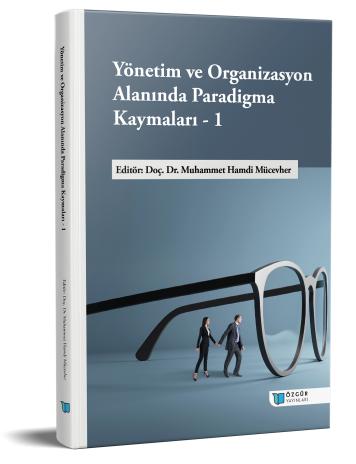
Earned Authority over Formal Authority: A Shift from Formal Management to Informal Management
Chapter from the book:
Mücevher,
M.
H.
(ed.)
2025.
Paradigm Shifts in Management and Organization – 1.
Synopsis
In recent times, it is well known that organizations are undergoing significant transformations. Developments such as the increasing importance of knowledge, globalization, and digitalization are affecting all structures, including organizations. The concept of authority, which held a central place in classical management approaches, has started to transform due to these factors. Indeed, under these evolving and transforming conditions, the principles of the classical approach often fall short. As the environments, business processes, and competitors of organizations change, it is inevitable that management practices must also evolve. Organizations managed through formal authority and shaped by such operational practices often face difficulties under current conditions. In fact, formal authority in organizations is increasingly shifting toward earned authority. This form of authority does not derive from one’s position but rather from knowledge and competence, and it requires continuous effort for its sustainability. This study highlights the transition from formal to earned authority in changing and evolving organizational structures, examining the dynamics of formal authority, the underlying reasons for the shift toward informality, and the components of earned authority. Earned authority can eliminate the arbitrariness that arises from occupying a formal position without merit. This is because, in order to retain such a position, a manager must continuously be knowledgeable and possess strong communication skills. Achieving this is only possible when organizations are dynamic, constantly renewing themselves, and aligned with their environments.

